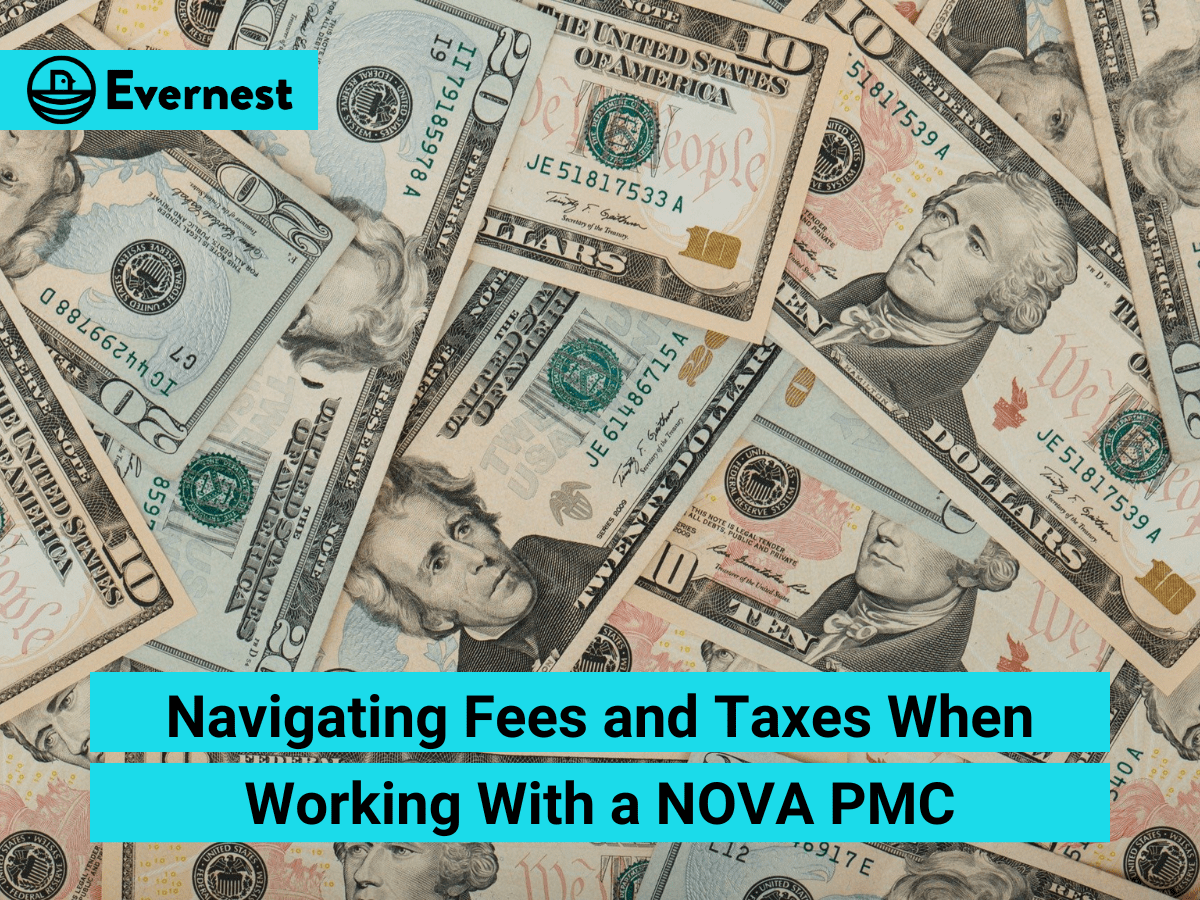As a landlord in Northern Virginia, you need to be aware of the various fees and taxes associated with renting out your property. Working with a Northern Virginia property management company can simplify the process, but it's crucial to understand the financial implications involved. In this article, we will explore the importance of financial preparedness, the various property management fees and property-related taxes, and the benefits of tracking and reporting expenses. We conclude by highlighting the importance of seeking professional guidance and providing additional resources for further assistance.
The Importance of Financial Preparedness
Rental properties require ongoing maintenance and have unexpected repairs and potential vacancies. Therefore, having a contingency fund is important to ensure smooth operations and handle unforeseen circumstances. Setting aside a portion of the rental income for these purposes can quickly build your fund and provide peace of mind.
It's also important to budget for property management fees and taxes to avoid financial strain and ensure that your rental property remains profitable.
Financial preparedness also involves understanding the market trends and economic factors that can impact your rental property investment. Keeping abreast of changes in rental rates, property values, and tax regulations can help you make informed decisions and stay ahead in the competitive real estate market.
Furthermore, diversifying your investment portfolio can enhance your financial preparedness as a landlord. Consider exploring different types of real estate assets or investing in other financial instruments to spread risk and maximize returns. By diversifying, you can mitigate potential losses in one area by leveraging gains in another, creating a more stable and resilient investment strategy.
Understanding Property Management Fees
When working with a Northern Virginia property management company, landlords need to understand the fees associated with their services. These fees typically cover the costs of advertising, tenant screening, lease preparation, rent collection, property inspections, and maintenance coordination.
Be sure to carefully review the property management contract to understand the company’s fees, which will help you budget accordingly and evaluate whether the services provided align with your expectations. Keep in mind that different management companies may have different fee structures, so it's essential to compare and contrast before making a decision.
Property-Related Taxes
Landlords are also responsible for paying taxes on their rental properties. The taxes vary based on the location and jurisdiction. In Northern Virginia, landlords are typically subject to property taxes, income taxes, and potentially sales taxes.
Property taxes are annual taxes levied by the local government based on the assessed value of the rental property.
Also, rental income is generally taxable, and landlords are required to report their rental income and expenses on their tax returns. Deductible expenses, such as mortgage interest, property management fees, and maintenance costs, can help offset the taxable rental income.
In some cases, landlords may also be required to collect sales tax from short-term rental guests. This is typically applicable to vacation rentals or temporary accommodations. Understanding the specific requirements in your location is essential to remain compliant with tax regulations.
Tracking and Reporting Expenses
By tracking expenses such as repairs, maintenance, insurance premiums, property management fees, and advertising costs, landlords can maximize their deductions and minimize their tax liabilities.
Organizing and categorizing these expenses can be simplified with the use of accounting software or spreadsheets. This allows landlords to easily generate reports, assess the financial performance of their rental property, and provide necessary documentation to tax professionals during tax season.
Working with Tax Professionals: Hiring a Tax Professional
Given the complexities of rental property taxes and the constant updates to tax laws, working with a tax professional can be beneficial. A tax professional can guide landlords through the deductions and credits available, ensure compliance with tax regulations, and help maximize tax savings.
When hiring a tax professional, it's important to select someone with experience in rental property taxation. They can provide valuable insights and advice tailored to your unique situation.
Local Tax Regulations and Variations
In Northern Virginia, each locality may have its own rules and requirements, which landlords must comply with. For instance, some localities may have higher property tax rates or additional taxes on rental income.
As a landlord, you should stay informed about the tax regulations in your area. Consulting local government websites, attending informational sessions, or seeking guidance from tax professionals can help you navigate the tax landscape and ensure compliance.
Conclusion, Seeking Professional Guidance, and Additional Resources
In conclusion, as a landlord in Northern Virginia, understanding the fees and taxes associated with rental properties is vital for successful property management. By emphasizing financial preparedness, comprehending property management fees, addressing property-related taxes, and tracking expenses, landlords can streamline their operations and maximize their return on investment.
For additional guidance and resources, landlords can consult reputable publications, online forums, and real estate associations specific to Northern Virginia. Staying informed and seeking professional guidance will not only help landlords navigate fees and taxes effectively but also assist in optimizing the financial performance of their rental properties.
Looking for a Northern Virginia property management company to help out? Contact our local team today!


